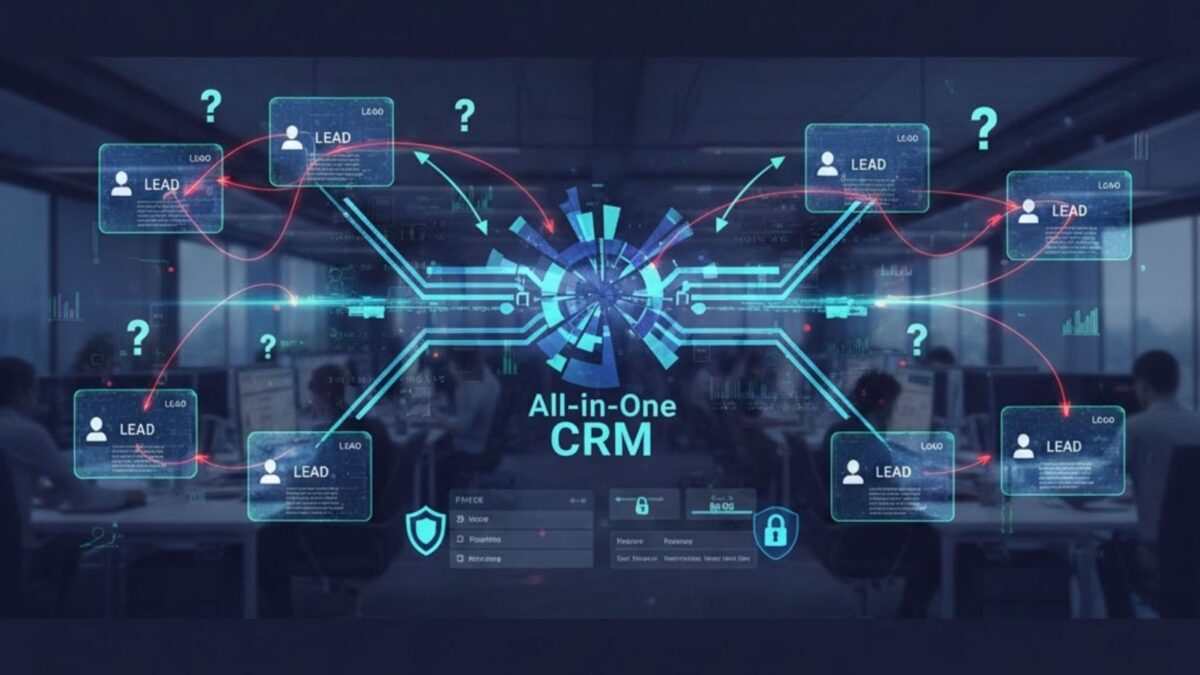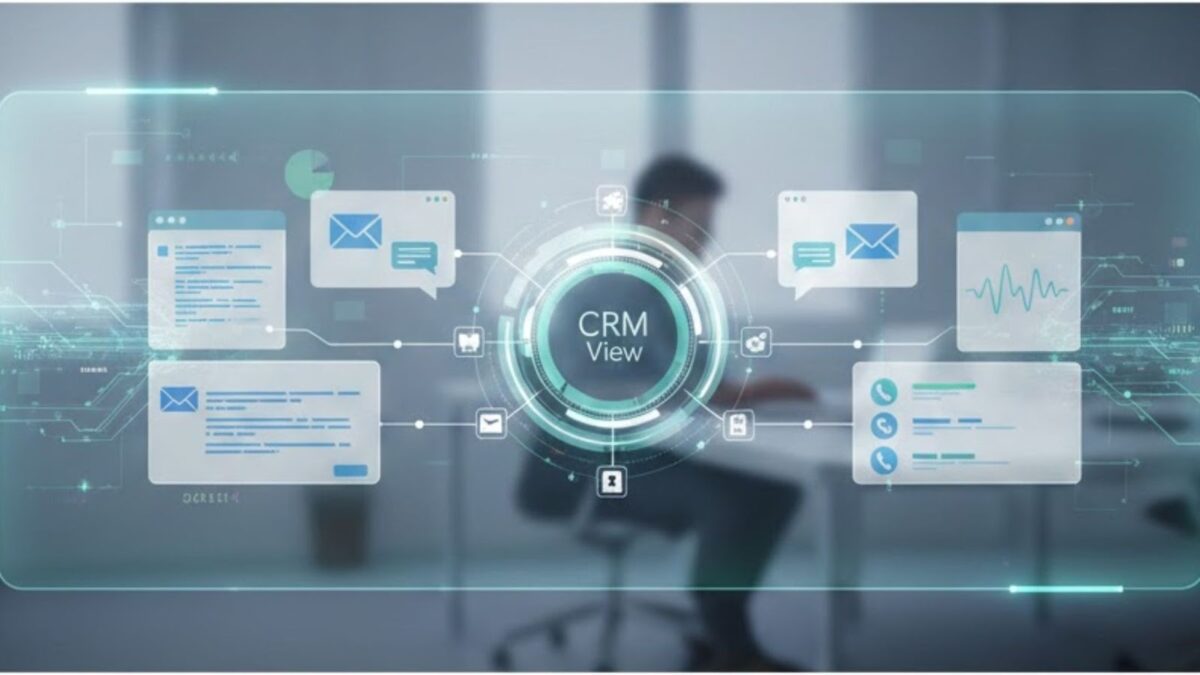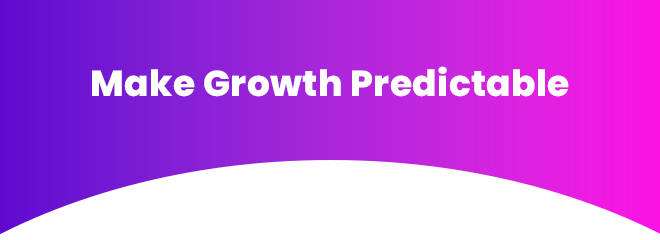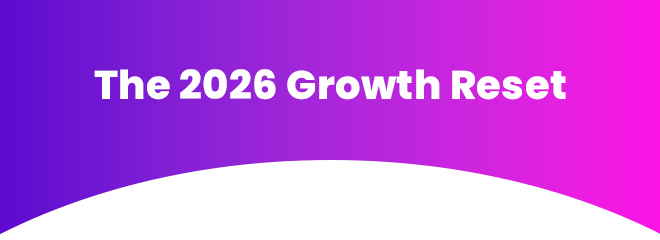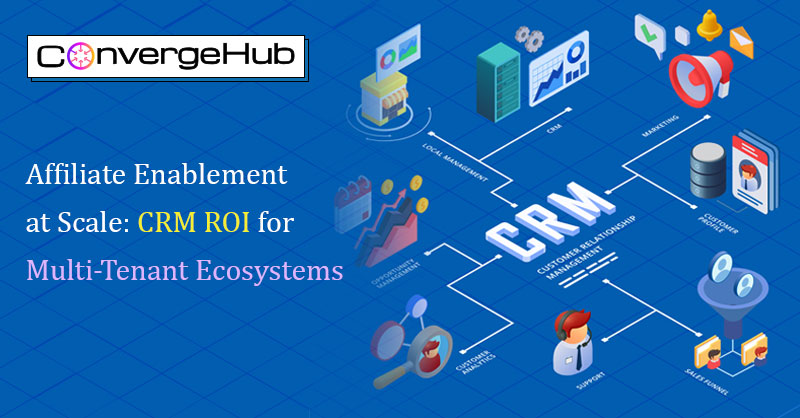It is a common and incredibly frustrating scenario: your organization invests significant time, money, and resources into implementing a powerful new all in one CRM, only to see your sales, marketing, and service teams default back to old spreadsheets, siloed tools, and manual processes. This resistance isn’t just a sign of stubbornness; it’s a clear indicator that a critical element of the adoption process has been missed.
The primary reason for low usage is often a misalignment between the system’s design and the end-user’s daily workflow, coupled with insufficient or generic training. The solution lies in making the new system an indispensable, easy-to-use tool that clearly benefits each employee’s role, rather than feeling like extra administrative homework.
Why Do Employees Resist Using a New CRM System?

The failure to get employees actively using a new customer relationship management (CRM) system usually stems from a handful of predictable and correctable issues. Resistance to change is natural, but it magnifies when the new technology feels harder, not easier, to use. When the process of logging an activity or pulling up customer data takes longer in the new system than in the old way, a rational employee will always choose the path of least resistance.
- Complexity and Poor Usability: If the user interface is cluttered, confusing, or requires too many clicks to perform simple tasks, employees will quickly abandon it. A system that is powerful but not intuitive becomes a barrier to productivity.
- Lack of Perceived Personal Value: If a sales representative only hears about how the CRM benefits the management team with better reporting, but doesn’t see how it helps them close more deals or save time, they won’t use it. The system must clearly offer individual productivity gains.
- Fear of Micromanagement: Employees can sometimes view the CRM as a tool for “Big Brother” to track their every move rather than an asset to organize their work. This perception breeds distrust and encourages minimal, inaccurate data entry.
- Generic or Inadequate Training: A single, all-hands training session rarely succeeds. Different roles—Sales, Marketing, Support—need to use the system in fundamentally different ways. A one-size-fits-all approach leaves everyone feeling ill-equipped.
- Integration Issues: If the CRM doesn’t seamlessly connect with the essential tools your team uses daily (like email, calendar, or accounting software), they will be forced to manually enter data in multiple places, creating friction and errors.
The Core Fix: Focusing on User Experience and Workflow
The first step in fixing adoption is to stop focusing solely on the software’s features and instead focus on the end-user experience and how the system fits into their existing job routines. The goal is to make the CRM feel less like an imposed requirement and more like a helpful partner in their daily work.
Prioritize Simplicity and Intuitive Design
A well-designed all in one crm should feel natural for all user roles. If your current system is too complex, you may need to simplify the dashboards and workflows for different team members.
- Customize Role-Specific Dashboards: Each team should see a home screen focused only on the metrics and tasks relevant to them. A support agent doesn’t need to see the entire sales pipeline, and a salesperson doesn’t need deep marketing automation reports.
- Automate Data Entry: Eliminate manual effort wherever possible. The system should automatically log emails, sync calendar appointments, and capture web form data. This reduces administrative burden and improves data quality simultaneously.
- Streamline Workflows: Review the essential daily tasks for each team—like converting a lead, opening a support ticket, or sending a marketing email—and ensure the CRM process requires the fewest possible steps.
Making the System Essential, Not Optional
The CRM must be integrated so deeply into the company’s process that it becomes impossible to do the job without it. This moves usage from a compliance issue to a necessity for success. For instance, if commission calculations are based entirely on opportunities logged and closed within the system, its use becomes non-negotiable for sales personnel.
By making the system the single source of truth for all customer interactions, every team member—from a marketing specialist tracking campaign performance to a service agent resolving a critical issue—must rely on it to get a complete picture. This holistic view is a core benefit of a unified platform like ConvergeHub. We understand the importance of having all customer information centralized and accessible. If you need a comprehensive solution that integrates marketing, sales, and service data seamlessly, consider checking out our all-in-one CRM billing replacement page for a system designed around this principle.
Implementing a Role-Based Training Plan for Success
The most effective strategy for increasing the use of a new platform is implementing a carefully structured, role-based training plan. This ensures that every team member receives instruction that is directly relevant to their daily responsibilities. Generic training teaches people what the system can do; role-based training teaches them how to use it to perform their job better.
Role-Specific Training Modules
A proper plan moves beyond feature explanations and focuses on practical, real-world use cases. The content should be tailored to address the unique concerns and workflows of each department.
| Role | Key Focus Areas in Training | Adoption Benefit |
|---|---|---|
| Sales Representatives | Lead-to-Opportunity conversion, pipeline management, activity logging (calls, emails), mobile access for on-the-go updates. | Helps them prioritize leads, track commissions accurately, and saves time on manual follow-ups. |
| Marketing Specialists | Campaign management, list segmentation, lead scoring, tracking campaign ROI, integrating with email platforms. | Enables them to execute targeted campaigns and prove the value of their efforts to the business. |
| Customer Support Agents | Ticket creation and escalation, accessing full customer interaction history, setting up service level agreements (SLAs), knowledge base utilization. | Allows faster, more personalized issue resolution, improving customer satisfaction and retention. |
| Management/Executives | Reading executive dashboards, generating custom reports, sales forecasting, auditing data quality, and team performance tracking. | Provides real-time insights for better decision-making and performance coaching. |
Post-Training Reinforcement and Support
Training is not a one-time event; it’s an ongoing process. Provide various formats of support to cater to different learning styles and needs.
- “Super Users” Program: Identify power users in each department to become internal champions. These individuals can provide front-line, role-contextual support and encourage their peers.
- On-Demand Resources: Create a centralized library of short, task-specific video tutorials (e.g., “How to Log a Sales Call” or “How to Change a Lead Status”) that employees can access instantly while working.
- Incentives and Recognition: Publicly recognize and reward individuals or teams who consistently use the system correctly and achieve results because of the data they entered. This fosters a positive association with the technology.
Leveraging Data Quality and Visibility to Drive Adoption
One of the most powerful fixes is demonstrating that using the CRM correctly leads to better, more visible results. When employees realize they can’t trust the data, they stop using the system. Conversely, clean, accurate data becomes an irresistible resource.
Address Data Migration and Quality Issues Head-On
A major hurdle in adopting an all in one crm is often the data carried over from legacy systems. If the initial data migration is messy—with duplicates, missing fields, or incomplete histories—users will lose faith immediately.
- Pre-Migration Data Cleansing: Dedicate time before launch to scrub your existing customer records. Remove duplicates, standardize formats, and complete missing information.
- Establish Clear Data Entry Standards: Define exactly what information is required for a new lead, contact, or deal. Use mandatory fields and validation rules within the CRM to enforce these standards consistently across all departments.
Showcasing Individual and Team Success
Utilize the system’s reporting and dashboard features to display how accurate data entry benefits the user. For a sales rep, this might be a dashboard showing their up-to-the-minute pipeline and how close they are to their target. For a support agent, it could be a clear view of their ticket resolution time compared to the team average.
The ability of a system like ConvergeHub to provide a 360-degree view of the customer—from their first website visit to their last support ticket—demonstrates value. When a sales rep sees that marketing has warmed up a lead through specific content, they are motivated to log their next activity in the system to continue the cycle. This visibility builds trust in the information.
If you’re ready to see how a platform with robust customization and a user-centric design can revolutionize your team’s workflow, we encourage you to request a demo to walk through our processes.
The Power of Organizational Alignment and Leadership Buy-in
Successful adoption is not just a technology project; it is an organizational change management initiative. If the leadership team doesn’t visibly use the system and champion its value, adoption will fail.
Establish a CRM Governance Committee
Create a cross-departmental group, including representatives from Sales, Marketing, Customer Service, and IT, to manage the system. This committee should:
- Review Feedback: Regularly gather input from end-users on pain points and required improvements.
- Approve Changes: Oversee any customization or workflow modifications to ensure they benefit the whole organization, not just one department.
- Monitor Usage: Track key adoption metrics (like daily logins, records created, and data quality scores) to identify teams needing extra support.
Communicate the “Why” Clearly and Continuously
Leaders must clearly articulate how the new system aligns with the company’s broader business strategy. The narrative should shift from “You must use this software” to “This tool enables us to deliver a world-class customer experience and helps you hit your personal goals.”
This change in culture, where the system is seen as a central nervous system for all customer-facing operations, is crucial. If you have questions about how to manage this transition or want to explore our services further, please contact us directly.
Frequently Asked Questions (FAQs)
How can I measure if my teams are actually using the CRM effectively?
Measuring effective CRM use goes beyond simple login counts. You should track User Behavior Metrics such as:
- The number of new contact or opportunity records created daily/weekly.
- The completion rate of key data fields (data quality).
- The percentage of deals with an up-to-date ‘Next Step’ or ‘Last Activity’ logged.
- The frequency of using advanced features like reporting, task automation, or email templates.
What is the most important factor in overcoming employee resistance to a new CRM?
The single most important factor is proving personal value to the end-user. If a sales representative sees that using the all in one crm automates a tedious manual process or gives them an insight that directly helps them close a deal faster, they will adopt it willingly. The system must save them time or help them make more money.
How do I address the fear of micromanagement from the sales team?
Focus on using the data for coaching and support, not policing. Management should use the CRM’s insights to identify where a rep might need help—for example, if deals are stalling at a specific pipeline stage—and offer constructive training or resources. Emphasize that the system is there to help them win, not just to track their failures.
Should we customize the CRM to match our old workflows exactly?
Not entirely. While the CRM should integrate with your current processes as much as possible, a new system often presents an opportunity to optimize and streamline inefficient, outdated workflows. Customize the CRM to support a best practice process, then train your employees on the new, improved workflow. Customization should simplify, not complicate.
How often should we conduct CRM refresher training?
Refresher training and support should be ongoing, not just annually. Implement a schedule of quarterly refreshers to cover new features or process changes. Crucially, provide in-app, contextual training—short, immediate guides that pop up when a user is performing a specific task—so help is available exactly when they need it.








